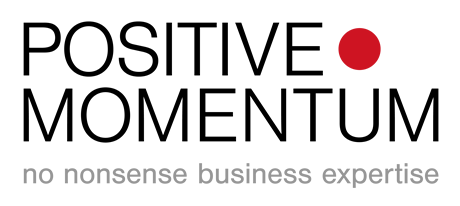“Give it three years and I’ll be unemployable”.
It’s not often I’m lost for words, but recently this was absolutely one of them, when, catching up with a client, she adamantly maintained that in three years she’d be out of a job and left unemployable. What was particularly striking was that this was an individual who is widely respected in her industry and brings a track record of success, innovation and transformation.
While I’m not fully convinced by eye- catching headlines that 69% of what a manager currently does will be automated by 2024, what I do see is that the world of work is changing, and changing quickly. As such the question of ” how will I continue to add value?” is a critically important one, not only for us as individuals but also for the organisations we work in.
Intangible assets increasingly drive company valuations. Today, they make up a massive 84% of all enterprise value on the S&P 500 so, what ever industry, business or function we work in, we are all effectively in the ‘people business’. Answering the question then of “how do I make sure that my organisation and the people in it stay ‘future-fit?” is increasingly a key value driver. If you are not moving forward you are getting left behind.
From what I’ve seen and heard in my work with successful organisations around the world I offer three insights below into how they are answering this question and staying ahead of the pack.
Place some big bets.
What work gets done, who does it and how it gets done is changing. As you think ahead, ask yourself, what products-services-experiences will your customers be demanding in three years that you are currently not providing? What are the ‘critical few’ skills and behaviours needed across your business to deliver these experiences?
Think compass not GPS.
As you continually rebalance the mix of legacy, existing and emerging skills and behaviours, the days of hierarchical and tightly structured careers are increasingly a thing of the past. To stay future fit, it increasingly becomes about seeking out experience ‘stamps’ in your ‘career passport’ that expose you to new ways of thinking and working. Ask yourself then, how you can act creatively in deepening – broadening your employee’s current roles and / or connecting them to skills building opportunities beyond their role.
Fan the flames.
As a leader if you don’t talk about something, and talk about it often, people tend to think it’s not a priority. We are all busy and it’s seductive to focus on the operational day to day of getting stuff done; closing that deal, launching that campaign or driving that project to completion. More often than not we only get round to talking about development and careers when something goes wrong; when a deal drops or when a team member leaves. To balance this, talk publicly and often about careers (and what they really mean in your business!) to sign post its importance, celebrate success stories and challenge yourself and others to think differently about ‘what next’?
My client was thinking ahead and is already challenging herself, her team and her business, to explore and experiment how they best continue to add value in a rapidly changing marketplace and what therefore needs to be on the organisations ‘to-learn-list’. By her admission, without the certainty of more traditional career paths, this can, at times, feel like stumbling along in the dark with few, if any reference points. And yet this ability to reinvent oneself for Industry 4.0 is likely to be something we ignore at our peril in a digital age.











